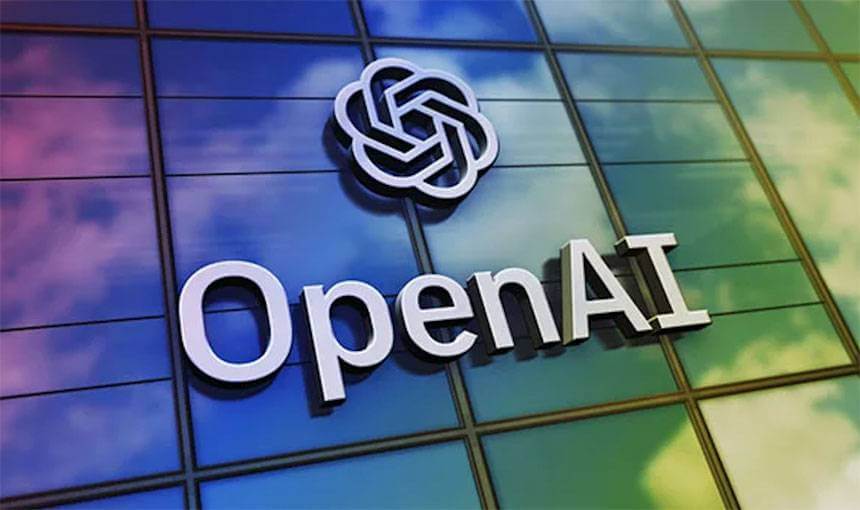In a significant move to address the escalating complexities of artificial intelligence, leading US tech figures, including OpenAI CEO Sam Altman, recently appeared before Congress to discuss AI competition and the geopolitical implications, particularly concerning China. The executives from Microsoft and Advanced Micro Devices also testified on Capitol Hill about the opportunities, risks and needs facing the AI industry. This hearing underscores the growing recognition among lawmakers and technologists that AI could fundamentally reshape global business, culture, and geopolitics.
The hearing comes amidst a heated race to dominate the future of AI, with companies and countries vying for supremacy. Altman's OpenAI is at the forefront, competing against tech giants like Alphabet and Meta, as well as emerging Chinese competitors. He emphasized AI's transformative potential, stating it could be "as big as the internet, maybe bigger," while stressing the critical need for infrastructure investment. He also urged senators to support the "dual revolutions" of AI and energy production.
Senators on the committee appeared largely unified in their concern about the state of AI. Senator Ted Cruz emphasized that the United States faces a choice between embracing innovation or adopting European-style command and control policies. He voiced his intent to introduce a bill establishing a regulatory "sandbox" for AI, aiming to eliminate barriers to adoption, prevent excessive state regulation, and foster the growth of the AI supply chain within the United States.
While acknowledging AI's potential risks, Altman cautioned against heavy-handed regulation that could stifle innovation. He specifically stated that proposals requiring AI developers to vet their systems before deployment would be "disastrous" for the industry. Other industry leaders echoed these sentiments, warning that the US could fall behind China if investments in research, education, supply chains, and energy to support AI development are not made. Brad Smith, President of Microsoft, noted that the determining factor in the US-China race would be which country's technology achieves broader global adoption.
The US approach to AI governance contrasts with that of China, which has made AI a central component of its national strategy, with the goal of leading the world in AI by 2030. This includes significant investments in AI adoption across various sectors, including manufacturing and defense. However, the US maintains an advantage in total compute capacity, owning more advanced AI chips. If leveraged strategically, this compute advantage will play an extraordinary role in driving economic transformation, securing technological leadership, and shaping the global AI ecosystem.
Several tech leaders cautioned against US export controls that might inadvertently push other nations toward Chinese AI technology. Lisa Su, CEO of AMD, acknowledged the importance of national security but emphasized the need for global adoption of US technology to prevent other technologies from gaining prominence.
The discussion also touched on the need to balance security protections with the ability to expand rapidly. While protecting sensitive AI components in secure datacenters through export controls is important, an even more important element of AI competition involves a race between the United States and China to spread their respective technologies to other countries. The rise of generative AI has intensified geopolitical tensions, particularly between the US and China, leading to tighter AI export controls and trade restrictions. This has spurred bipartisan concern, with government officials emphasizing the need for the US to remain competitive. To maintain its competitive edge, the United States needs a smart international strategy to rapidly support American AI around the world. While China's government may subsidize its technology adoption in developing regions, it will struggle to match the scale and impact of America's private sector investments.
The hearing highlighted the complex interplay between technological innovation, economic competition, and national security in the age of AI. As the US navigates this rapidly evolving landscape, the decisions made by Congress and industry leaders will be critical in shaping the future of AI and its global impact.

















